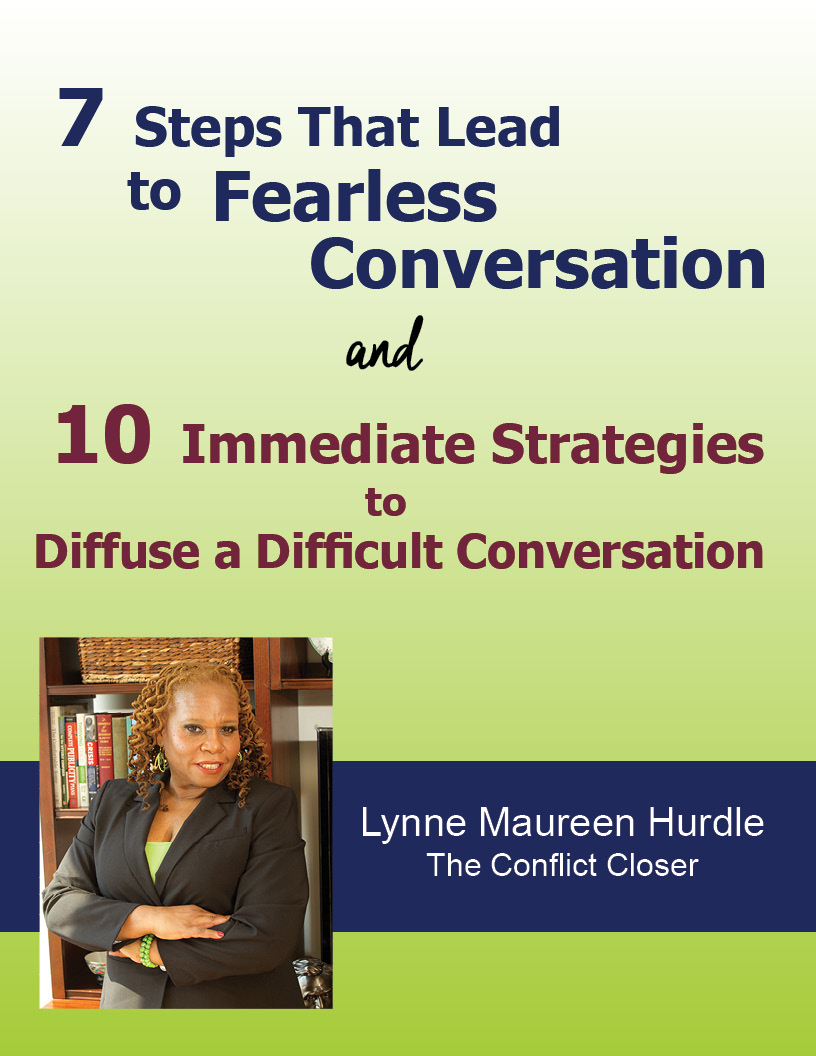A year ago a colleague questioned me as to whether I thought that teaching predominantly poor African American and Latino children (my primary youth audience), the skills of conflict resolution, communication and managing emotions bordered on respectability politics. My knee-jerk reaction was, “No, of course not. These are vital skills for success and staying alive in a world that is set up to limit their access to the people and places that can help them live up to their full potential.”
Her question rattled me enough to explore the numerous articles that had begun to surface on this very topic. Folks were not just questioning, but denouncing ideas like grit, character development, managing emotions and conflict resolution skills, because rather than creating safe and respectful environments, they are teaching children from marginalized communities that there is something wrong with who they are and how they behave. Respectability politics at work in their eyes.
In the article, “The Definition, Danger and Disease of Respectability Politics Explained,” Damon Young explains that respectability politics is “generally defined as what happens when minority and/or marginalized groups are told (or teach themselves) that in order to receive better treatment from the group in power, they must behave better.” What does it say that many of the schools that are implementing the very specific skills of managing emotion and effective communication skills are public schools where black and brown and poor students are the predominant demographic?
There is a definite influence that culture has on everything from communication to expressing emotions. Is getting us all on the same page in the way that we communicate a way of passing judgment on the quieter and more observant nature of most Asian populations and the more expressive and emotional communication style of African American and Latino populations? The tension that rises in the room when diversity is on the agenda often betrays the need to discuss the pushback against these skills that is beginning to surface in numerous articles.
I love what I do, but the questions being raised are important enough in my view to consider. For right now, I am choosing to continue reading and to take it all in. I would love to read what you have to say about it.
Read the connection between these skills and education and corporate America in my latest Psychology Today article.





